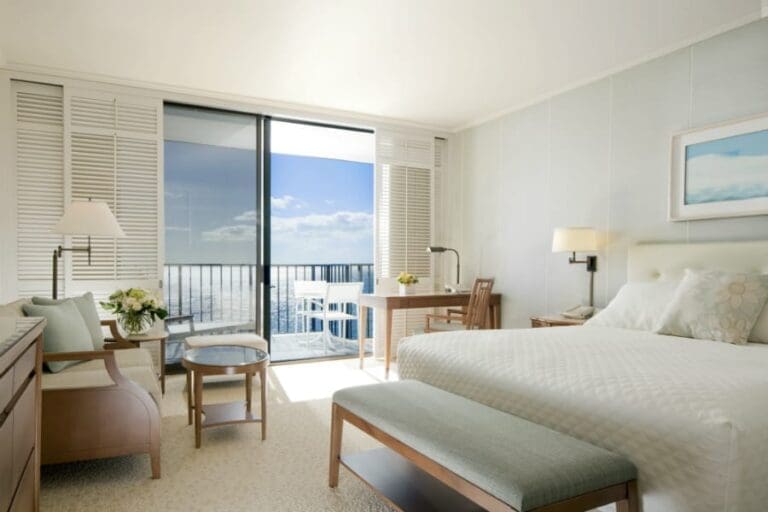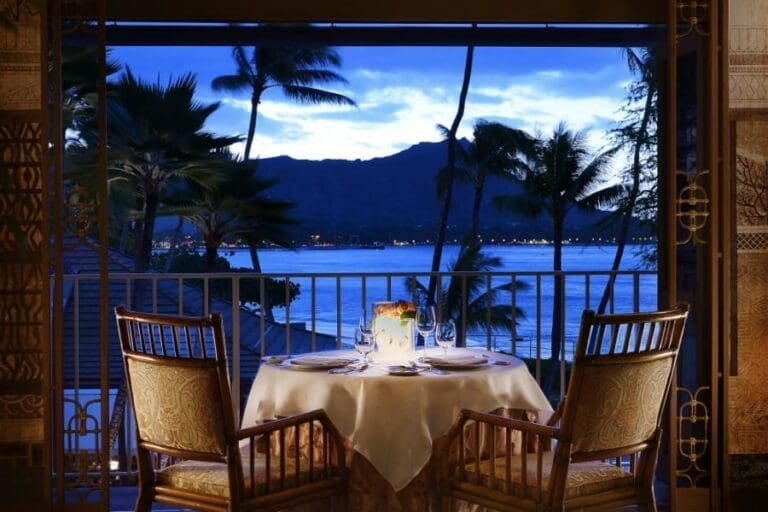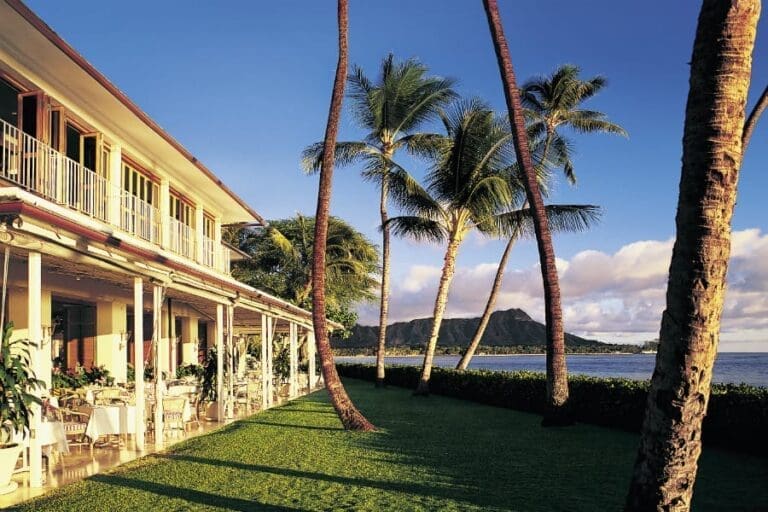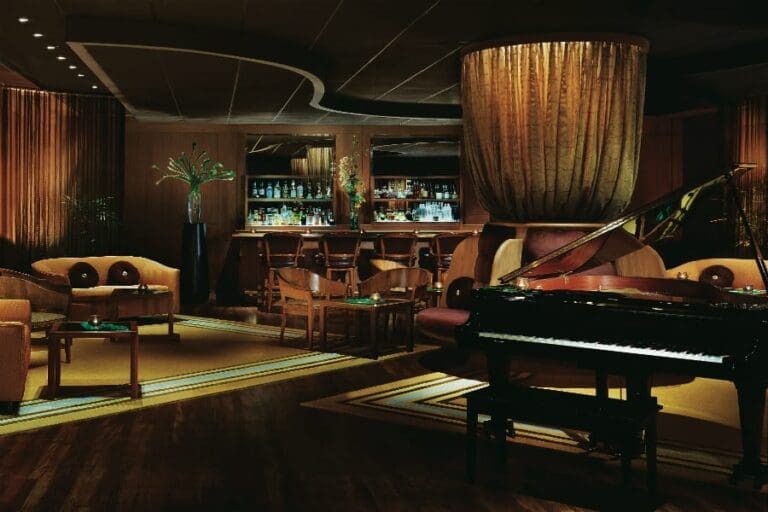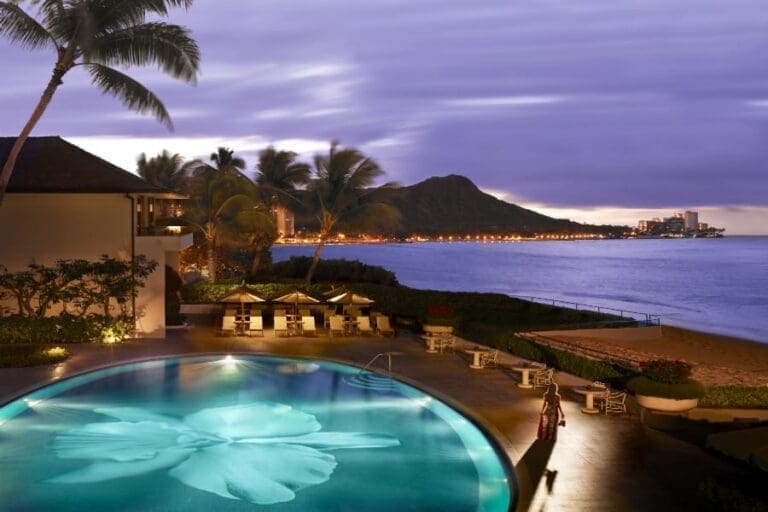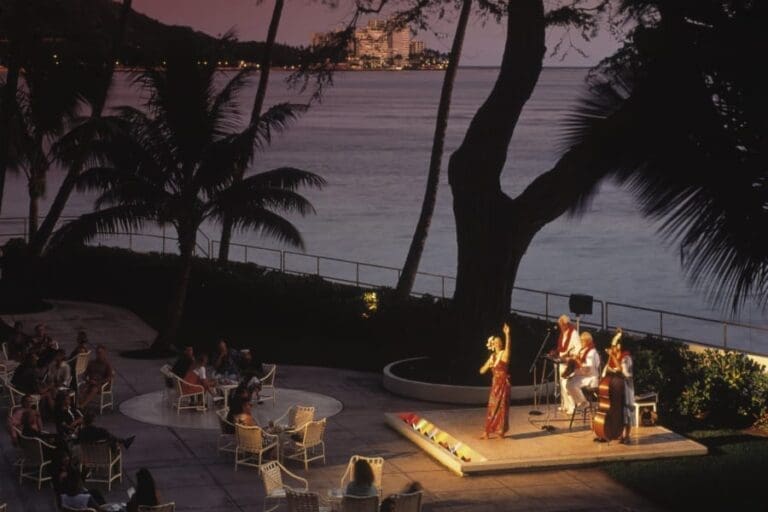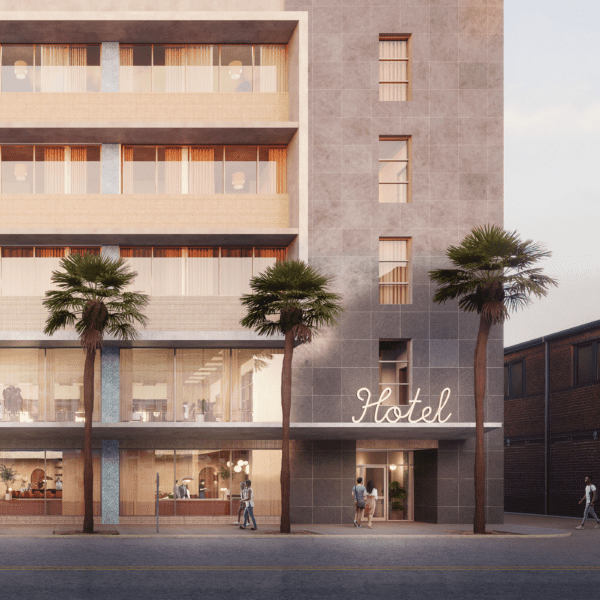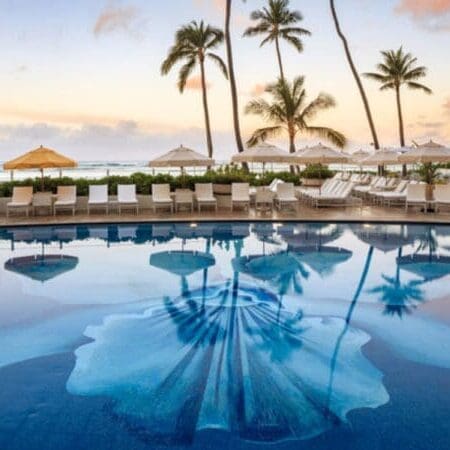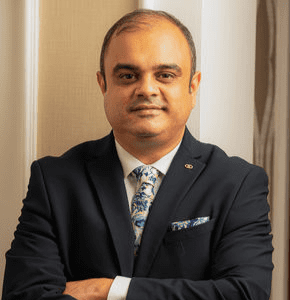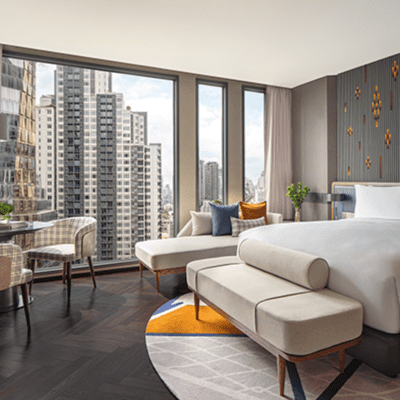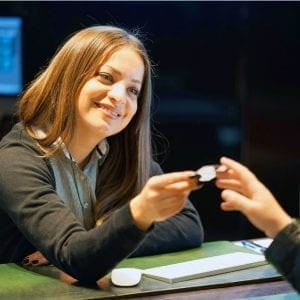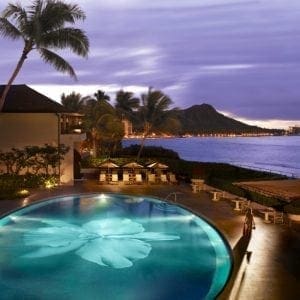
In 2017, Halekulani, long regarded as one of the finest hotels in Honolulu, celebrated its centenary. From humble beginnings in 1917 as a collection of guest bungalows on the shore of the famed Waikiki, the resort has undergone numerous transformations to become one of Hawaii’s most acclaimed destinations. The hotel continues its legacy of genuine warmth and extraordinary service in an exceptional location, truly reflecting the Aloha spirit of the islands of Hawaii.
eHotelier interviewed Ulrich Krauer, a veteran hotelier who has served as the General Manager of the iconic Halekulani since 2012. Directing all aspects of the day-to-day management and operations of the 453-room property, Mr Krauer’ss passion and focus are providing world-class service and hospitality on a daily basis. Originally hailing from Bern, Switzerland, Mr Krauer is an alumnus of the Business & Hotel Management School in Lucerne. His experience includes international management positions in five-star properties in America, Europe and the Caribbean over four decades.
Over a century Halekulani became an iconic hotel in Hawaii with a reputation for outstanding service. Why is Halekulani so iconic?
You don’t become iconic just because you are here. It’ss over time. Halekulani is 100 years old and it started off with simple bungalows. It was always about people, it’ss all about service more than other places, a place that you felt home.
Location wise, you have to imagine that there was nothing here. The first hotel in Waikiki was the Moana Surfrider, and then there was us, and the Royal Hawaiian. The beaches were empty and there were palm trees everywhere. In this location, there were several bungalows, up to 46 at some point. I think what makes here so special is the location, the weather, and the people.
In the old days, guests arrived here on big ships and they came for months at a time, nobody came for just two days like now. Guests arrived with big trunks ready to settle in for the season and they were greeted with leis necklaces by local hula dancers. Hawaii is a very giving culture, and in the hospitality industry, this is a very good ingredient when people want to give. Smiling is natural. Taking care of people is natural. Being a host is when you invite somebody to your home. What do you do? You clean up, you put out the tablecloth, you open the doors, you welcome people, you bring something to drink, something to eat even if they’re not hungry – this is the essence of hospitality and I think that this is what Halekulani has retained and fostered for a century. Just providing hospitality.
The service of Halekulani seems to reflect the Aloha spirit of the islands of Hawaii: warm and friendly yet professional and fast. How much is it due to training programs or the natural warmth of Hawaiian people?
I think it’s both. I wouldn’t say that there are cultures that are not friendly. I think in general people are friendly, but some of them can express it more. The way you look at people, I think people here, the locals and people who moved to Hawaii, adapted that graciousness of welcoming. People here use the word Aloha a lot, but it is really about being gracious and wanting to accommodate, that is one part and training is part two. You have to set up that expectation, you talk about how you want people to feel, so both help.
Having those ingredients, and outlining to the team what “I want to do well” means exactly. It is anticipating our guests’ needs, and at Halekulani, we never say no, we want to take care of the customers. We know what people want when they come here, we expect it, so it’s not a surprise. If a guest wants three towels that is fine. It’s not some rule of just two per person, it’s our pleasure to accommodate their wishes.
How do you train your staff, keep them motivated and deliver a consistent service?
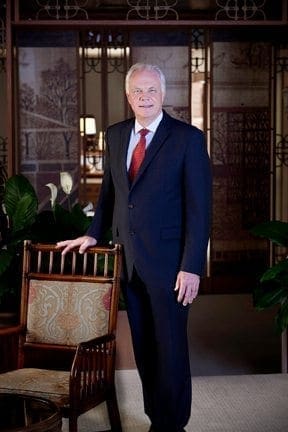
It is both ways, training isn’t something which starts one day and finishes another day. It’s like life experience, it’s ongoing. You want to always focus on good deeds, and you want to highlight the good things that happened in a day. If things go wrong, you usually deal with it in private, so you can address how the staff member could have handled the situation better, that’s where motivation comes in.
Today it’s a lot more about behavioural training than technical skills as was the focus years ago. Even though technical skills are still are very important. For example, when I serve you an espresso it is a hot coffee in a clean cup, and it comes with sugar and lemon, and staff need to know how it should be presented and placed in front of you. If the cup is not heated correctly first if you put a short espresso in a cold cup, what happens? The coffee gets cold and the cup gets a little warm. But if you put it in a warm cup, the espresso stays hot.
In staff training, this is but one such lesson of attention to detail. Our business is a collection of a thousand details, it’s not one or two that makes us or breaks us. It is a collection of every detail and this is how motivation and training is an ongoing culture. So every day at Halekulani we have a ten-minute line-up meeting with each outlet. We huddle, we review good things and things we need to focus on, such as special guests, new foods, new beverages, or whatever it is. So it keeps our people engaged.
How do you remain competitive, as other five-star offerings have opened in Hawaii over the years?
I think the most important thing is that you stay humble, you don’t take yourself for granted, and you don’t worry about competition either. I don’t do things because somebody else does it. I want to do things because they are good for us and good for the guests. Building the loyalty of the guests is what sets us on the path to success. I look what competition does here and there, but I do not copy, I like to lead. I like to do things that are good for the customers, as we want them to come back. That itself in a circle will take care of business.
What is your current take on Hawaiian tourism generally and in Waikiki specifically?
Hawaii is where east meets west and where west meets east. You also have a lot of Asian influence, especially in Oahu. In the other islands, it’s a little bit less. So we are lucky, so to speak, that at Halekulani we have a lot of people visiting from all over the world, including many from Australia and New Zealand. There are different peak times of visitation from different countries. The one thing that Hawaii has all-year round is nice weather and sunshine, so people tend to come at the times that best suit them, for a family that may be during a school vacation or public holidays. Then there are couples that can travel anytime, and obviously here is a very big honeymoon destination.
So we are blessed with business from around the globe coming to Hawaii and as you can see there are many hotels and offerings. It’s a good destination, and the thing is that Hawaii is safe and because it is part of the US you have great laws, you have great security and hospitals in case you need it, but yet it is an exotic island. There is nothing like here on the US mainland. People are moving here from around the world and becoming residents, this is what drives people to Hawaii. So we want to keep our Aloha, our hospitality, and we want to make sure that we don’t have too many people in Hawaii – you can’t just keep growing – so that we can maintain the Hawaiian way of life and experience for the people here. This will ensure that tourists who come here can long enjoy the Hawaiian culture.
What is the inspiration for your career in hospitality? Do you still enjoy everyday work as much as you have in the past?
Absolutely, if I had to start again I would love to do the same. I love hospitality. Hospitality as a business is all about people. You don’t have to calculate what it takes to fly to the moon, and so it’s all about people. Wanting to service people, not seeing it as degrading. I love to open doors, to pick up trash; I don’t mind making a bed if I have to. I was drawn to hospitality when I was very young. My father was an electrical engineer, but he played music and entertained. I was fascinated and inspired to become a chef. My father didn’t like that idea at the time. Now we put chefs on a pedestal, but I still think that chefs are still cooking great food, that’s their job, after all, not to be a PR person. When my father heard that I wanted to become a chef he was a little bit disappointed, but he nodded quickly and said yes, and he pointed me in the direction to work only at five-star hotels. This opened up the world to me and I loved it and learned a lot. Being able to live in many countries, and learn about new cultures – I don’t know what there is not to love about it! Sometimes it’s hard like any job, things get overburdened with so many other things, but when you can make people happy with a few little things, it is the reward that you need to go back the next day.
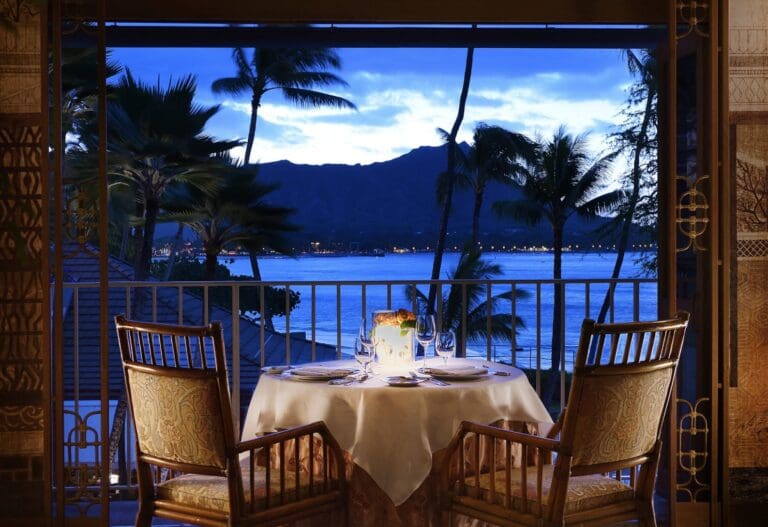
Images credit:
Image 2009 © Barbara Kraft | Halekulani’s pool at dusk
Image 2016 © Yasunobu Kobayashi | Halekulani’s signature restaurant La Mer at dusk
For further information visit: https://www.halekulani.com
About the author
 Carolina Holzmeister works as an editor and writer for eHotelier, Gault&Millau Australia and AussieCuisine.
Carolina Holzmeister works as an editor and writer for eHotelier, Gault&Millau Australia and AussieCuisine.






